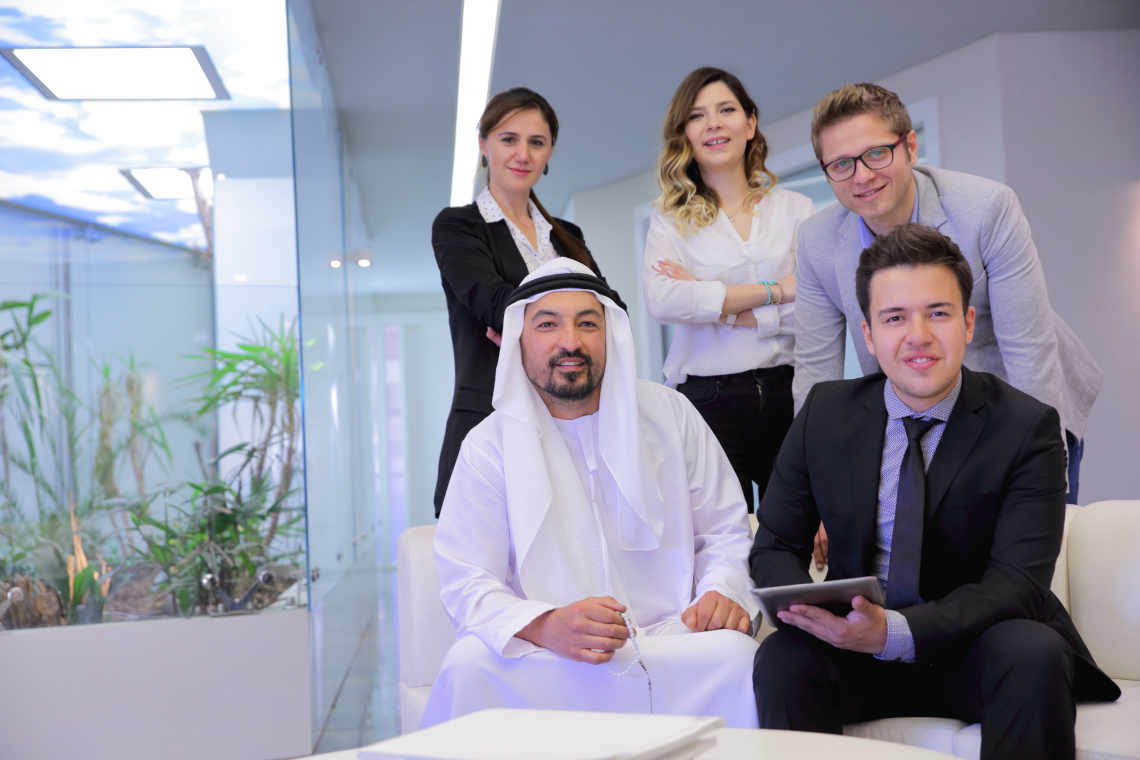이슬람 금융: 미국 금융 산업의 기회와 장애물

Islamic banking is gaining global traction, offering an ethical and interest-free alternative to conventional financial systems. While Islamic banking has flourished in regions like the Middle East, Southeast Asia, and parts of Europe, its presence in the U.S. remains limited. However, with a growing Muslim population and increased interest in ethical finance, the U.S. financial industry is at a decisive moment.
~에 SIS 국제 연구, we explore the opportunities and challenges shaping the future of Islamic banking in the U.S. and how financial institutions can navigate this emerging landscape.
개요

The Islamic banking industry has grown dramatically since the 1960s into a multinational industry with a substantial impact on global finance. This sector largely involves religious (Shari’ah) and cultural norms in its mission, transactions, and processes. Intending to promote the public good, Islamic banking forbids usury, interest-based financing, and profits from alcohol, tobacco, and pornography.
It accounts for more than $250 billion dollars, and has grown at least 10% each year during the past ten years. Supporting this extensive growth are oil windfalls from Islamic countries and the fact that the Islamic population (around 1.5 billion) is growing at one of the fastest paces. Currently, only about 300 Islamic banking institutions and European banks like HSBC and BNP Paribas are already in this market. Growth opportunities abound for these companies, and many Islamic Banks have already been listed on the London Stock Exchange. Foreign banks, operating in countries with Muslim populations.
The Islamic banking sector reaches a growing segment of the world’s population that seeks alternative financial services. Furthermore, investments in these banks offer some protection from global financial shocks. For instance, Islamic banks were unaffected by the economic shock after September 11.
Estimates forecast that Islamic banks could manage as much as half of all Muslims’ savings worldwide in a decade. The industry also caters to a large number of high net worth individuals (HNWIs) given the prosperity in the Gulf region and provide financing to large-scale construction projects in emerging markets. Not only could it possibly give foreign banks a larger reach into the Islamic world and exposure to large deposits in Gulf countries, but it also conceivably opens them to Muslim communities in their own respective countries.
Core Principles of Islamic Banking:
-
Interest-Free Banking (Riba-Free) – Instead of charging interest, banks profit through equity partnerships, leasing, and mark-up structures.
-
Ethical Investments – Islamic banks avoid industries that contradict Islamic ethics and invest in socially responsible sectors.
-
Risk-Sharing – Financing is structured to share both risk and reward between banks and clients, promoting financial fairness.
-
Asset-Backed Transactions – All transactions must be tied to tangible assets, preventing excessive speculation.
Opportunities for Islamic Banking in the U.S.

Despite its relatively small footprint in the U.S., Islamic banking is ripe with opportunities. Financial institutions that embrace Islamic finance could unlock a massive, underserved market.
1. A Growing Muslim Population with Demand for Shariah-Compliant Services
그만큼 U.S. Muslim population is projected to reach 8.1 million by 2050, yet the availability of Islamic banking remains scarce.
2. Rising Interest in Ethical and Alternative Finance
Islamic banking isn’t just for Muslims. With rising concerns about corporate ethics, social responsibility, and interest-free finance, non-Muslim consumers and investors are increasingly interested in Shariah-compliant banking solutions.
3. Market Expansion and Competitive Differentiation
Major global financial hubs—including London, Dubai, and Kuala Lumpur—are embracing Islamic finance, positioning themselves as leaders in the sector.
4. Strong Performance of Islamic Banks During Financial Crises
Islamic banks have historically shown greater resilience during financial downturns due to their asset-backed nature and risk-sharing principles. U.S. financial institutions could reduce systemic risk and enhance stability by integrating Islamic banking principles into their offerings.
Challenges of Islamic Banking

Although the Accounting and Auditing Organization for Islamic Financial Institutions (AAOIFI) exists to create industry standards, greater measures need to be taken such as hiring talent and promoting innovation to be able to attract investment. To devout Muslims, Western banks’ involvement may trigger fears of Western control over banking and the sacrifice of Shari’ah principles for the sake of capitalism. This may turn away devout customers who want to ensure that the bank’s profits are distributed equitably.
1. Regulatory and Legal Barriers
그만큼 U.S. financial system is heavily interest-based, making it difficult for Islamic banks to structure products that comply with both Shariah principles and U.S. regulations.
2. Limited Awareness and Understanding
Many financial professionals and potential consumers in the U.S. lack awareness of Islamic banking principles.
3. Absence of Large-Scale Islamic Financial Institutions
하는 동안 Islamic banking giants like Al Rajhi Bank, Dubai Islamic Bank, and Bank Islam have established dominance in global markets, the U.S. lacks major Shariah-compliant banks with nationwide reach.
4. Need for Product Innovation and Standardization
To appeal to U.S. consumers, Islamic banking products must be competitive with conventional financial services while maintaining their compliance with Shariah principles.
The Future of Islamic Banking in the U.S.
To successfully integrate Islamic banking into the U.S. financial system, financial institutions must:
✅ Work with regulators to develop frameworks that allow Shariah-compliant financial services to operate within U.S. laws.
✅ Educate both consumers and banking professionals about the benefits of Islamic banking.
✅ Partner with fintech companies to create innovative and accessible digital Islamic financial services.
✅ Expand investment in Islamic finance institutions to establish a strong foothold in the U.S. banking sector.
Final Thoughts from Ruth Stanat, CEO of SIS International Research
Islamic banking is no longer a niche concept—it’s a global force reshaping financial markets.
~에 SIS 국제 연구, we provide in-depth market intelligence, regulatory insights, and strategic guidance to help financial institutions navigate the complexities of Islamic banking.
SIS 국제 시장 조사. 면책 조항: 견해 및 의견은 전적으로 기여자의 의견이며 SIS International Inc.의 의견, 견해 및 방법론을 반드시 반영하는 것은 아닙니다. 이 의견은 해당 정보를 제공하는 작가나 회사의 조언을 구성하지 않습니다. 어떠한 경우에도 SIS, 계열사, 승계자 또는 양수인은 누군가가 이 웹 사이트에 포함된 정보에 의존하여 발생한 손실이나 손해에 대해 책임을 지지 않습니다. 이 웹사이트의 정보에 대한 개인 정보 보호 정책을 참조하십시오.
뉴욕에 있는 우리 시설 위치
11 E 22nd Street, Floor 2, New York, NY 10010 전화: +1(212) 505-6805
SIS 인터내셔널 소개
SIS 국제 정량적, 정성적, 전략 연구를 제공합니다. 우리는 의사결정을 위한 데이터, 도구, 전략, 보고서 및 통찰력을 제공합니다. 또한 인터뷰, 설문 조사, 포커스 그룹, 기타 시장 조사 방법 및 접근 방식을 수행합니다. 문의하기 다음 시장 조사 프로젝트를 위해.



